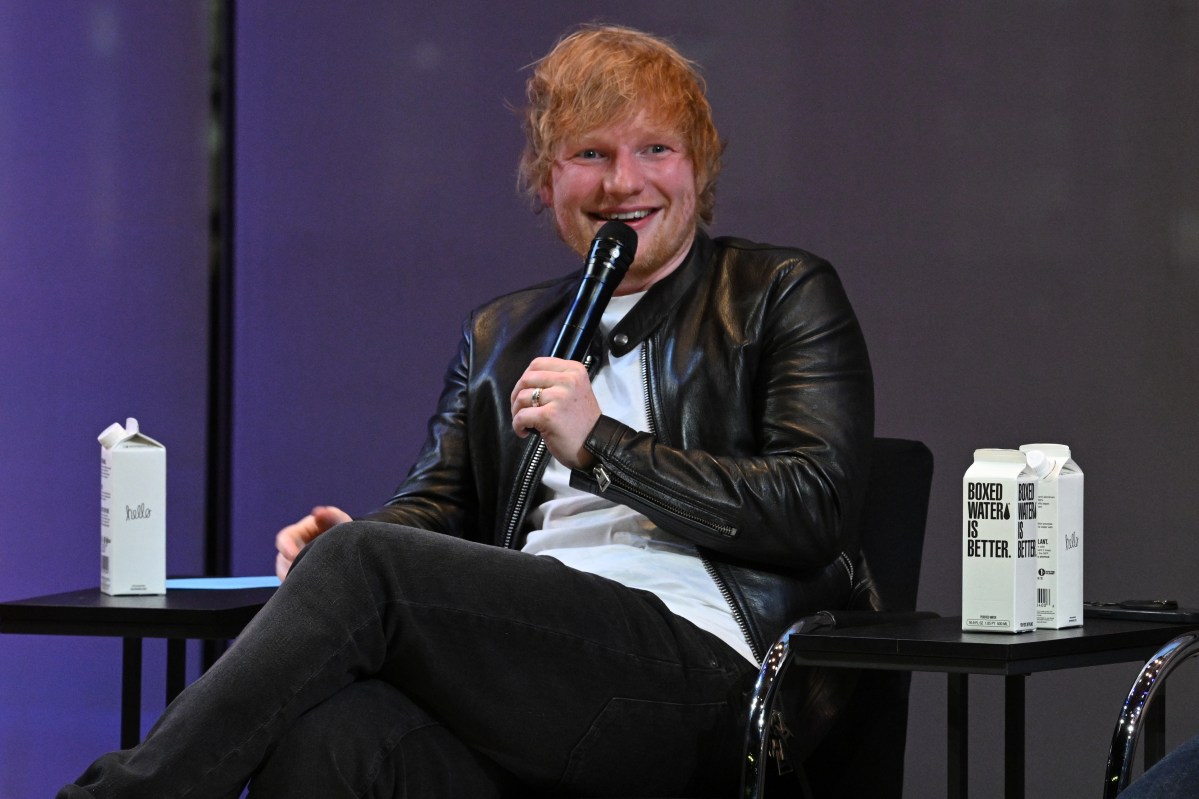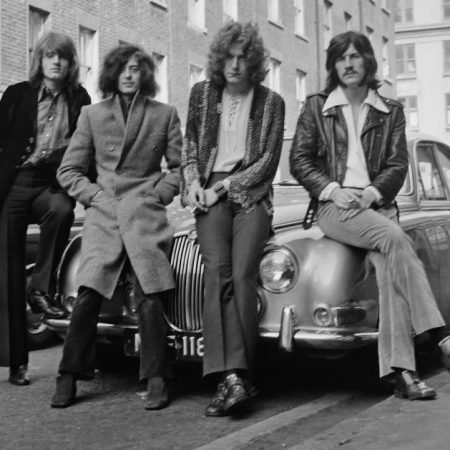There are a lot of jokes to be made about Ed Sheeran’s recent assertion that if he loses the copyright trial over his 2014 hit “Thinking Out Loud,” he’ll quit music. (“If that happens, I’m done, I’m stopping,” the British singer said in court on Monday.) If you happen to find Sheeran’s bland pop to be annoying, your first reaction was likely something along the lines of “Great. Good riddance.”
But if Sheeran does, in fact, lose his battle with the estate of Ed Townshend, who co-wrote “Let’s Get It On” with Marvin Gaye, the world stands to lose a lot more than his music. The verdict would set an extremely dangerous precedent that would impact virtually every working musician. You don’t have to like Sheeran to understand how important it is for him to win.
The lawsuit, which was originally filed in 2017 but took six years to reach a Manhattan federal court, argues that “Thinking Out Loud” is a ripoff of “Let’s Get It On” because the two songs share a similar — though not identical — chord progression. (You can listen to both songs below and decide for yourself whether they sound the same.)
The issue is that the chord progression in question — one that music theorists would chart out as ” I – iii – IV – V” — is an extremely common one that has been used countless times throughout the history of popular music. Gaye isn’t the first artist to use it, and Sheeran certainly isn’t the only other musician to use it after “Let’s Get It On” came out in 1973. (The Popular Musicology blog has an extremely helpful breakdown of this particular chord progression that also runs through many examples of other songs that utilize this very common structure.)
Elvis Costello Gives Courtney Love a Lesson in How to Deal With Plagiarism Allegations
The musician is unbothered by the similarities between “Brutal” and “Pump It Up”The idea that one artist or songwriter should be able to claim ownership over a frequently used chord progression is, frankly, absurd. A chord progression is nothing more than a building block; there are so many other elements — melody, lyrics, tempo, etc. — that make up a song. A songwriter suing another songwriter for using the same chord progression is like a painter suing over someone else using the same color of paint or an author claiming someone plagiarized him because they also used the words “the” or “and” in their story.
As Elvis Costello pointed out back in 2021 when social media users accused Olivia Rodrigo of lifting elements of “Pump It Up” for her song “Brutal,” most songs borrow from what came before them to some degree. (After all, there are only so many chords!) “It’s how rock and roll works,” Costello said. “You take the broken pieces of another thrill and make a brand new toy.”
If Sheeran loses, it’ll open up a floodgate of frivolous lawsuits, with other songwriters who are desperate for a big payday suing anyone who ever made anything remotely similar. That’s bad for music fans. Who wants to live in a world where musicians are so afraid of getting sued that they have to restrict their creativity — or worse, quit making music entirely — out of fear of being taken to court?
Thanks for reading InsideHook. Sign up for our daily newsletter and be in the know.



















